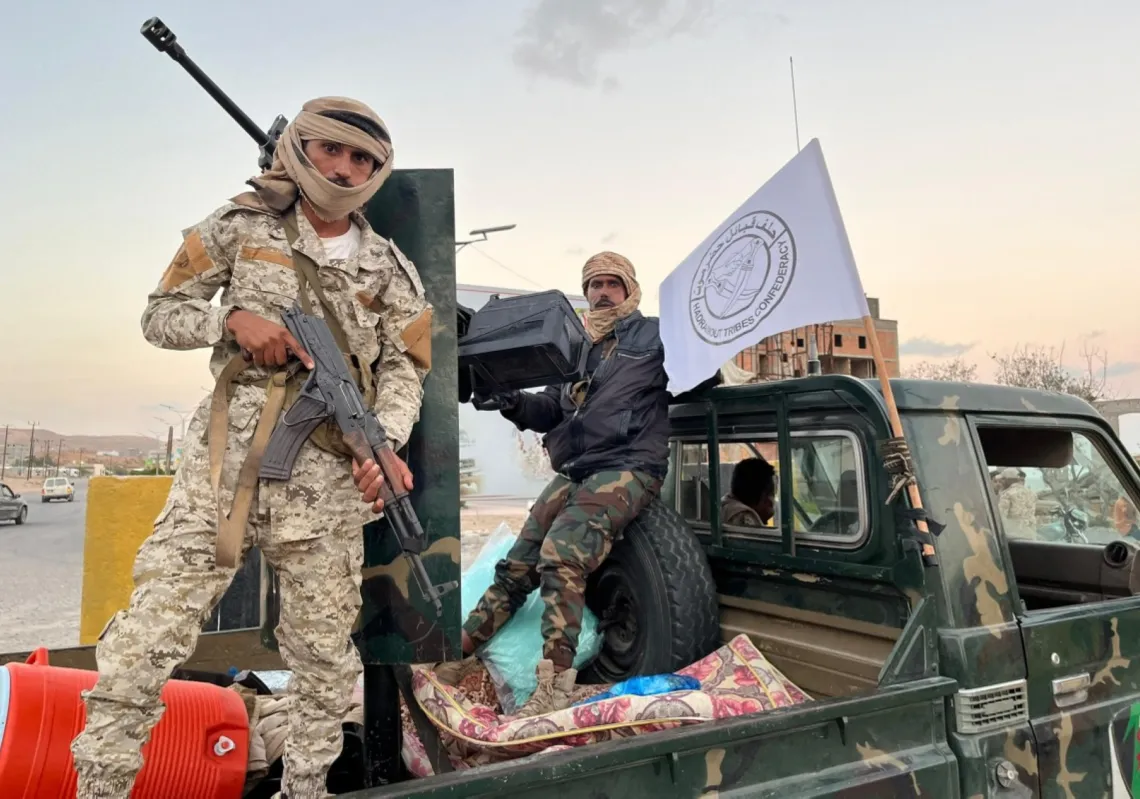By Hossam Tamam
The book proposes ideas, experiences and surveys prominent figures of Islamic movements which arouse controversy around the Islamic World from Morocco to Malaysia and from Turkey to Sudan where the author observed these movements.
Hossam Tamam introduces his book with some reflections on the battle of "Prophecy and Politics" which broke out two years ago between "Justice and Spirituality" Movement and the Moroccan government. The cause of this battle was a "prophecy" which later became the main concern of this movement. The prophecy was about a great event that would change Morocco. It turned out to be a herald of a decisive political battle that dominated the political scene in a country taking its great pride in considering itself the land of holy men just as the Middle East is the land of prophets.
Again from Morocco, the author analyzes the project of the Movement of Unity and Reform and that of Justice and Development Party. He tries to bring it home to readers how this project has played a major role in directing the relationship between Islamic preaching and politics through a real-life experience. This experience is considered an example to be followed especially by Egypt which suffers from confusion in this regard. In addition, the author reflects on what is considered a decline of the Turkish example of Justice and Development Party which still inspires the imagination of many leaders of this party
From Mauritania, the author sheds light on a rare experience of a number of Sufi youths influenced by the Islamic movement instance in order to bridge the gulf between the Sufis and jurists. This instance subsumed many Sufi approaches and Islamic movements from West Africa. In another study, he analyzes the Mauritanian Islamic Movement from a perspective of modernization. He presents his special and new point of view in which he thinks that an Islamic renaissance is the answer to the question of modernization in a country overwhelmed by imitation. The movement tries to get rid of imitation on religious grounds.
From Malaysia, the author reviews the extract of his trip to help us explore the project of Civilizational Islam for which Mahateer Mohammed, the Malaysian Leader called before he left power. It is a very important project for which the author presents an adequate and critical analysis. He concludes that it is "the project of Islamic capitalism in a state of minorities".
Tamam dedicates three extended articles to the Turkish Islamic movement. The first of these articles discusses the economic experience of the Islamists and how it was an important preliminary step for the Islamic Movement to overcome political infringement and even political prohibition. The second article deals with division in the Islamic Movement between " "Arbakanism" and "Ardoghanism" on the basis of the stand adopted by both Arbakan and Ardoghan on the USA and the West. The third article throws light on what Tamam considers a significant segment of Turkish Islamic intellectuals' tendency towards leftism.
Concerning the Islamic situation in Egypt with its external ramifications, Tamam observes the phenomenon of "revisions" and its future impact on Jihadist Islamic Movement and compulsion in Islam in general. He embraces a thesis that differs with all celebrations of these revisions. He thinks that these revisions will not be useful in predicting any future scenario. He goes against the question that has prevailed after the rise of Islamic Resistance Movement in Palestine: Does Hamas threaten Egyptian national security? Tamam analyzed the relationship between the Movement and Group of Muslim Brotherhood Group in Egypt, rejecting the logic of dealing with Hamas as an arm of the Muslim Brothehood that would impact the Egyptian national security.
The author sheds light on a number of the most prominent Islamic figures who represent clues for reading the Islamic movement and Islamic situation in their respective countries. He writes about Saad Aldin Al-Othmani who had been the Secretary of Moroccan Justice and Development Party over ten years; Abdul Elah Bankeran, one of the most prominent leaders of Moroccan Islamic Movement and Hassan Al-Torabi whom the author considers the best thinker and perhaps the worst politician in the Islamic world! Tamam traces the Islamic origins of Abduallah Badawy, the current Malaysian Prime Minister. He analyzes the personality of Fathy Yaken the Lebanese thinker who introduced the concept of "Fallers on the way of Islamic Preaching" and its negative consequences on the movement formation. He also tries to probe the strategy followed by Ayman Al-Thawahry, a prominent leader of Al-Qaeda, through analyzing his personality and his periodical speeches. In reading the fundamentalist scene in Egypt, Tamam depends on an unknown personality, Mohammed Rashad Ghanem, a trader of antiques in Alexandria.
The last three chapters of the book deal with the Islamic situation in general. These chapters explore the future of the relationship between Islamic movement and USA. In this exploration, the author depends on a historical study of this relationship and its evolutiont. The phenomenon of "Justice and Development" Parties which has invaded many countries of the Islamic world is also analyzed. Tamam highlights important transitions of the Islamic movement. In these transitions, the Islamic movement shifts from the political thesis concerned with identity to the social one focusing on development issues. The author then throws some light on what he calls "The fundamentalist epoch". He explains important problems related to the rise of fundamentalism in the Islamic world, which indicates that fundamentalism has become the stronger and more dynamic thesis at the time. The author concludes his book with an analysis of the western thesis (the End of Political Islam) that has prevailed recently. He reviews what has been written on the subject, criticizing some of its ideas and proposing certain amendments to it. In general, the book deals with issues, ideas and situations which concern the contemporary Islamic intellectuals in their attempts to adapt to, give up or shape their reality.








